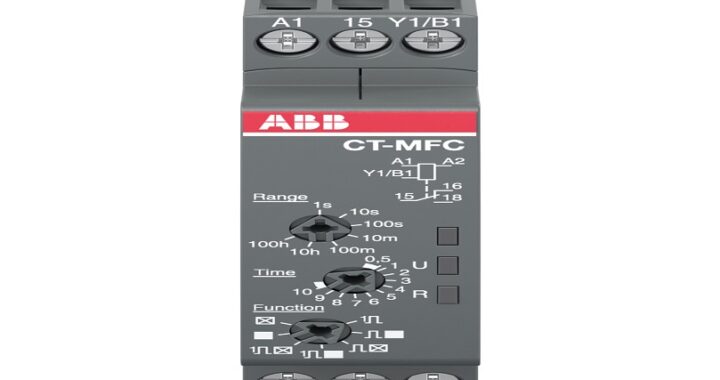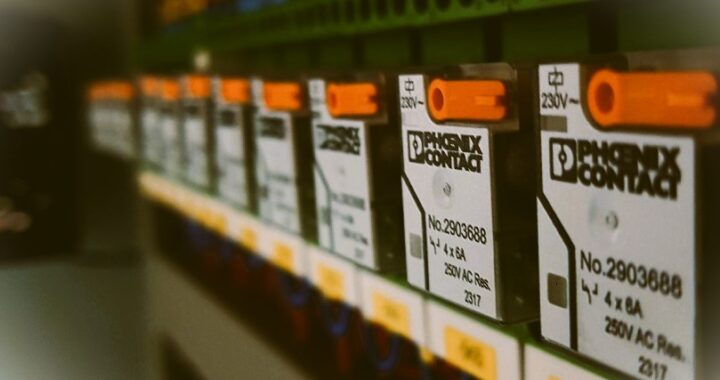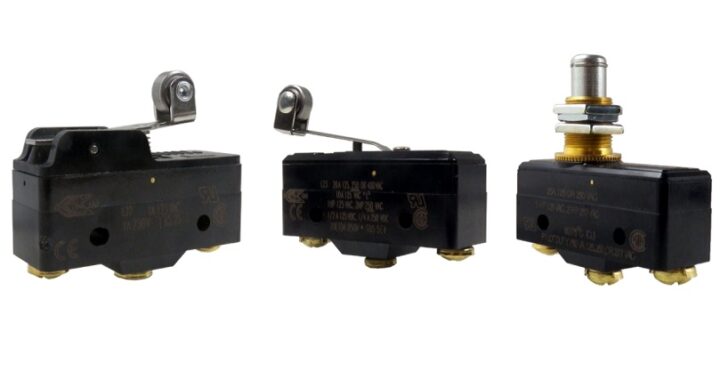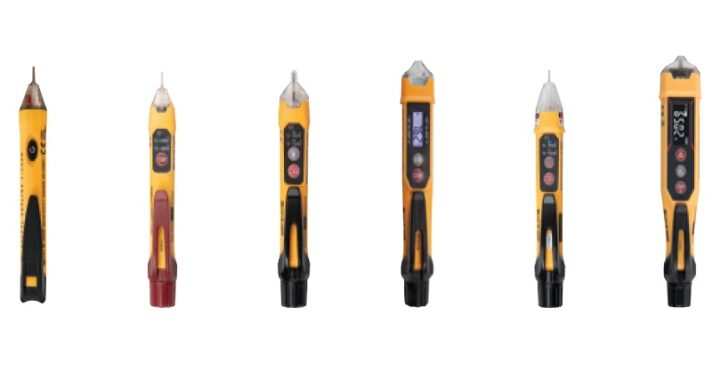Advantages and Disadvantages of Supercapacitors: Full List!

Supercapacitors, also known as ultracapacitors, are becoming increasingly popular in the world of energy storage. They are unique in that they have a high energy density and can charge and discharge quickly, making them a viable alternative to traditional batteries. However, like all technology, supercapacitors have their own set of advantages and disadvantages. In this article, we will explore the pros and cons of using supercapacitors in various applications.
Advantages of Supercapacitors
Advantages of supercapacitors include:
- Long life, with little degradation over hundreds of thousands of charge cycles.
Due to the capacitor’s high number of charge-discharge cycles (millions or more compared to 200 to 1000 for most commercially available rechargeable batteries), it will last for the entire lifetime of most devices, which makes the device environmentally friendly. Rechargeable batteries wear out typically over a few years and their highly reactive chemical electrolytes present a disposal and safety hazard. Battery lifetime can be optimized by charging only under favorable conditions, at an ideal rate, and, for some chemistries, as infrequently as possible. Electrical double-layer capacitors (EDLCs) can help in conjunction with batteries by acting as a charge conditioner, storing energy from other sources for load balancing purposes, and then using any excess energy to charge the batteries at a suitable time.
- Low cost per cycle.
- Good reversibility.
- Very high rates of charge and discharge.
- Extremely low internal resistance (ESR) and consequent high cycle efficiency (95% or more) and extremely low heating levels.
- High output power.
- High specific power; the specific power of electric double-layer capacitors can exceed 6 kW/kg at 95% efficiency.
- Improved safety, no corrosive electrolyte, and low toxicity of materials.
- Simple charge methods – no full-charge detection is needed; no danger of overcharging.
- When used in conjunction with rechargeable batteries, in some applications the EDLC can supply energy for a short time, reducing battery cycling duty and extending life.
- Unique usage areas.
Applications of supercapacitors for power and energy requirements include long, small currents for static memory (SRAM) in electronic equipment, power electronics that require very short, high currents as in the KERS system in Formula 1 cars, and recovery of braking energy in vehicles.
Disadvantages of Supercapacitors
Disadvantages of supercapacitors include:
- The amount of energy stored per unit weight is generally lower than that of an electrochemical battery (3 to 5 Wh/kg for a standard ultracapacitor, although 85 Wh/kg has been achieved in the lab compared to 30 to 40 Wh/kg for a lead-acid battery, 100 to 250 Wh/kg for a lithium-ion battery and about 0.1% of the volumetric energy density of gasoline.
- Has the highest dielectric absorption of any type of capacitor.
- High self-discharge – the rate is considerably higher than that of an electrochemical battery.
- Low maximum voltage–series connections are needed to obtain higher voltages and voltage balancing may be required.
- Unlike practical batteries, the voltage across any capacitor, including EDLCs, drops significantly as it discharges. Effective storage and recovery of energy require complex electronic control and switching equipment, with consequent energy loss.
- Very low internal resistance allows extremely rapid discharge when shorted, resulting in a spark hazard similar to any other capacitor of similar voltage and capacitance (generally much higher than electrochemical cells).

 Types of Timer Relays and Their Applications
Types of Timer Relays and Their Applications  Relay Applications: Real-Life And Industrial Examples
Relay Applications: Real-Life And Industrial Examples  Types of Micro Switches and Their Applications
Types of Micro Switches and Their Applications  Best Voltage Testers for Home Use: 2023 Edition
Best Voltage Testers for Home Use: 2023 Edition  Advantages of Transducers for Optimal Measurement
Advantages of Transducers for Optimal Measurement  Advantages of Infrared Sensors: Improved Accuracy and More
Advantages of Infrared Sensors: Improved Accuracy and More